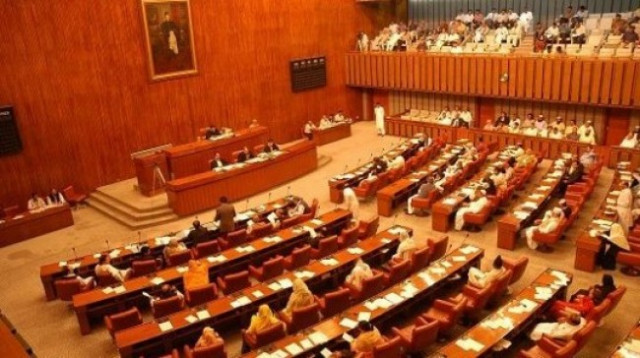Fighting human rights violations
The National Commission for Human Rights Bill should not end up being yet another govt body that is ruined by inertia.

The bill also calls for setting up human rights courts that can ensure speedy trials of those accused of violations. This is another proposal that sounds fine on paper but whose results will be less than ideal. We already have more than enough parallel courts in Pakistan, which has led to a hodgepodge of justice where the anti-terrorism courts deliver speedy verdicts but, after an interminable wait, are usually overruled by higher courts. The solution is not to set up new courts, but to call on the regular judicial system to be more cognisant of human rights and to try and eliminate their backlog. Any new government human rights commission should complement and not compete with any existing independent human rights groups like the Human Rights Commission of Pakistan. The commission should not end up being yet another government body that is ruined by inertia or used solely to attack political opponents.
Published in The Express Tribune, March 12th, 2012.















COMMENTS
Comments are moderated and generally will be posted if they are on-topic and not abusive.
For more information, please see our Comments FAQ